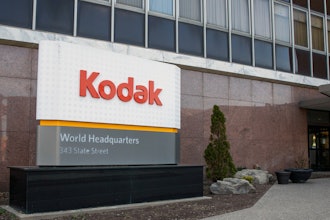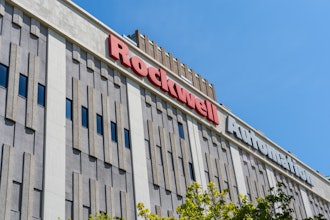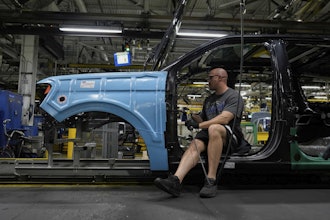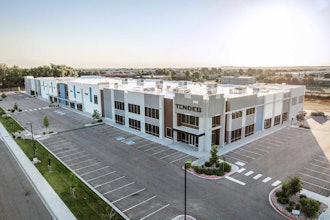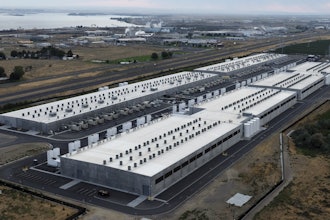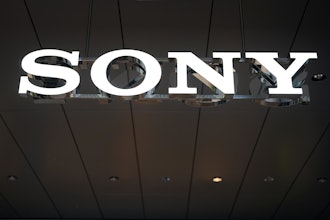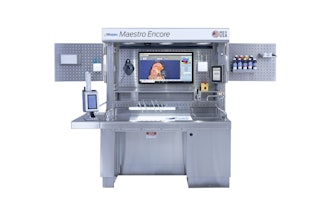Food and beverage manufacturing operations are heavily regulated by the FDA and USDA. Every aspect of the production cycle should adhere to strict processes to maintain compliance with federal and state codes and regulations. Beyond trying to maintaining such standards for sanitation and hygiene, food and beverage manufacturers may also face the challenge of trying to reduce the risk of employee falls on slippery, sticky, wet or greasy floors. The list of must-haves for the food and beverage industry flooring may include:
- Seamless surfaces
- Slip-resistance
- Thermal shock resistance
- Exceptional durability
- Ability to withstand vigorous, ongoing cleaning procedures
- Chemical-resistance
- Moisture-resistance
- Impact-resistance
- Capability to meet or exceed requirements imposed by state and federal agencies for flooring products
A custom-formulated epoxy or other resinous flooring system can facilitate ease in maintaining standards for compliance with regulations and codes, while helping provide a higher level of safety for staff.
Inspections of food and beverage production and processing facilities are increasing in frequency. An inspection from the USDA Food Safety and Inspection Service (FSIS) or another governmental agency that uncovers cracks, breaches, pits or damaged areas in a flooring system can result in a vital production area being tagged or rejected. It is imperative that this risk be reduced or eliminated. A liquid-applied flooring system can help food and beverage manufacturers keep their floors free from the possible risk of organic material entering cracks, pits, breaks or seams where bacteria and pathogens can flourish over time.
Floor Sanitation In Food & Beverage Production Facilities
In accordance with a variety of federal and local regulatory agencies, the flooring system (and all other aspects of facility construction) must meet stringent requirements, which may necessitate flooring to be comprised of easy-to-clean materials that are impervious to moisture. A liquid-applied resinous flooring system can help provide superior performance in slip- and skid-resistance for employee safety, as well as a crack- and seam-free surface, whether level or sloped for drainage.
Facility managers are often faced with the problem of floor refurbishment, and resinous floor systems offer distinct advantages over other options. A liquid-applied coating not only provides the seamless surface that enables optimal cleaning, it also serves to protect the concrete substrate from the risk of damage. Each type of production facility has specific requirements to meet. A custom-formulated epoxy or urethane mortar flooring system designed for meat and poultry processing, wine and beer production, or any other food or beverage operation can help solve a range of issues for facility managers.
Sanitation Performance Standards
The standards imposed on the food and beverage production industries were built around the concept that each establishment must be operated and maintained to avoid the development of unsanitary conditions that could lead to possible contamination of the product and danger to the health of consumers. A liquid-applied cementitious urethane or other flooring system can help simplify the cleaning procedures of the plant or manufacturing facility, as it can be highly durable, monolithic, virtually seamless and created to meet the demands of each specific production area.
Wet processing areas and floors requiring wet-cleaning procedures should be fully watertight and in good condition without the surface cracks, crevices or pits that can allow biological materials and moisture to enter the floor, leading to possible microbial growth. Ninety-degree junctures at floors and walls can be coved to avoid the risks associated with the collection of dirt, debris and other substances.
The appropriate floor coating system will vary based upon the products being produced at the facility and the recommendations of the various federal and local regulatory agencies. Specific coatings, whether urethane, epoxy or methyl methacrylate (MMA), are options for various production areas with specific demands such as resistance to heat, extreme temperature cycling or heavy loads. The resinous flooring systems used in any given food and beverage operation should help meet or exceed the regulatory recommendations.
For floor installation or refurbishment, it is advised that facility managers work closely with a liquid-applied flooring manufacturer possessing a proven history of successful applications in the food and beverage industry, and who can specify the appropriate floor coating systems for each production area in compliance with all regulatory recommendations.
Kendall Youngworth is a Senior Marketing Specialist at Tennant Coatings











